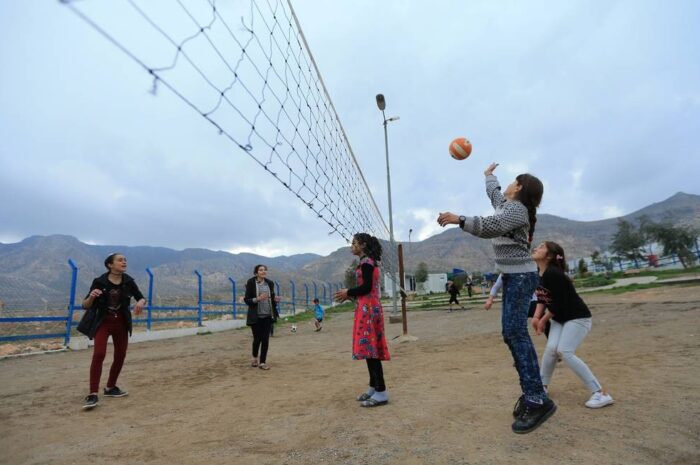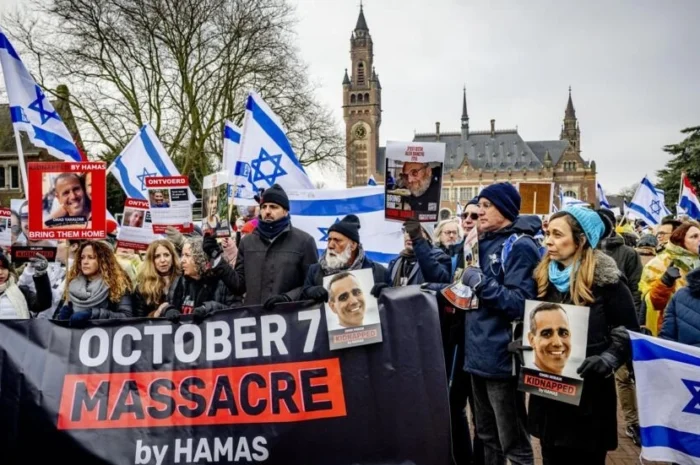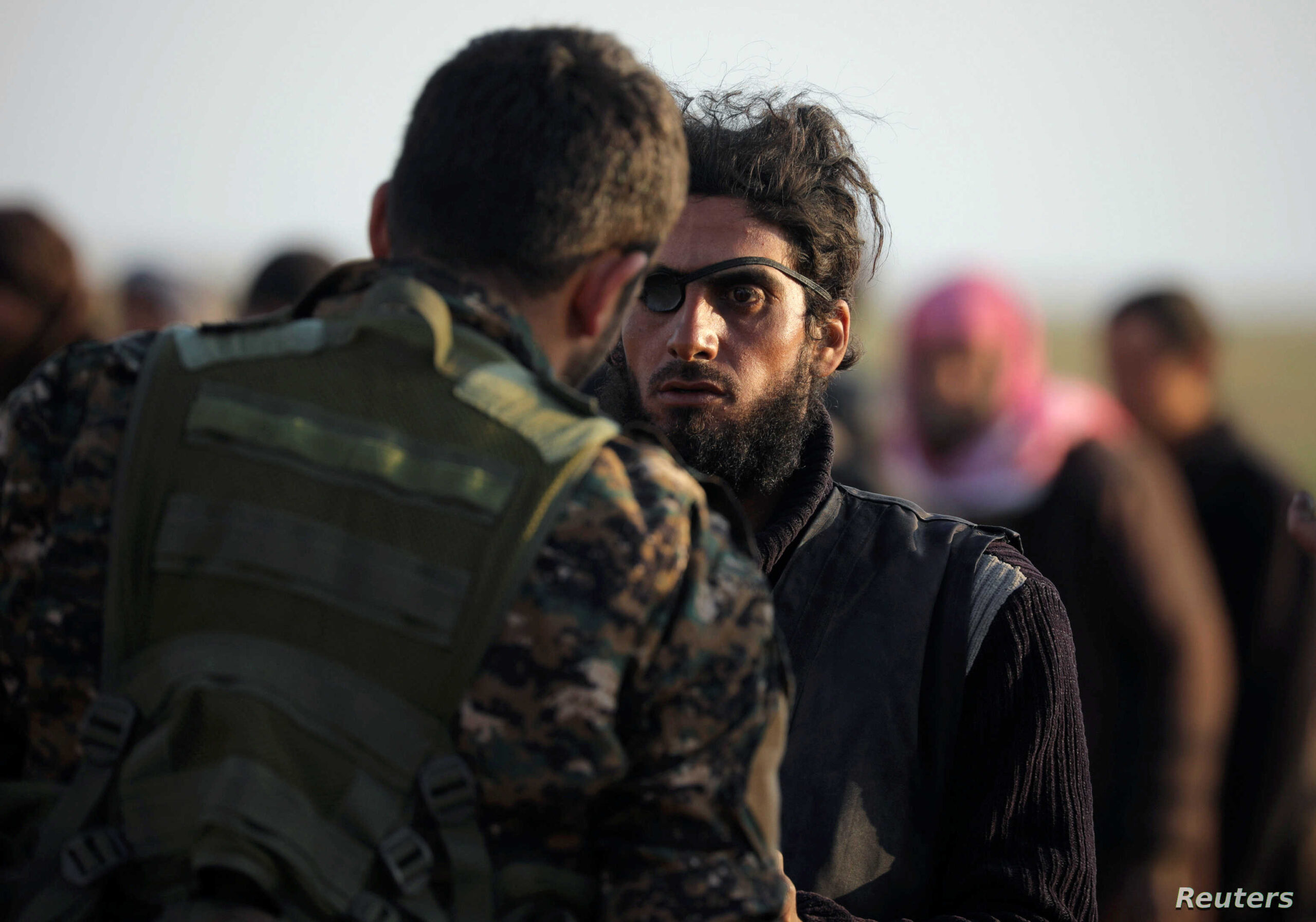
NOTE: The following article was published originally in the Jerusalem Post opinion section.
US-backed Syrian Democratic Forces recently announced the final push to take Baghouz in Syria’s northeast from Islamic State fighters. This move comes months after a concerted effort by anti-ISIS coalition forces to take the neighboring city of Hajin. As the ISIS self-professed caliphate collapses, more fighters and their families continue to be captured, and increasingly consist of foreign volunteers from northern countries such as France and the United Kingdom. The question now is whether these countries will repatriate their citizens, or leave them to face retribution from local authorities, such as in Iraq.
Forty thousand volunteers from over a hundred countries flocked to join ISIS during its rise. Crossing the border from places such as Turkey into Iraq and Syria, these foreign fighters fortified the organization and aided in its expansion. Notorious individuals such as British foreign volunteer Mohammed Emwazi – aka Jihadi John, conducted beheadings to spread the network’s terrorism. Other volunteers such as British medical student Mohammed Fakhri Al-Khabass assisted with the recruitment of volunteers and used their skills to abet the organization, highlighting a vast network utilized by ISIS to solidify control in Syria and Iraq.
Women flocked from across the world – voluntarily – to join the self-declared caliphate, marrying local fighters and raising children to further the ISIS ideology. These female volunteers indoctrinated the youth in Salafi-jihadist ideology, normalizing violence against victims of the caliphate and preparing those youth to one day join and fight for the organization. The result of this indoctrination is evident in the propaganda videos produced by ISIS from places like Deir ez-Zor, where prisoners were executed by young children. Given the totalitarian nature of ISIS ideology, all individuals under the proto-state’s control are used to further the expanse of the organization.
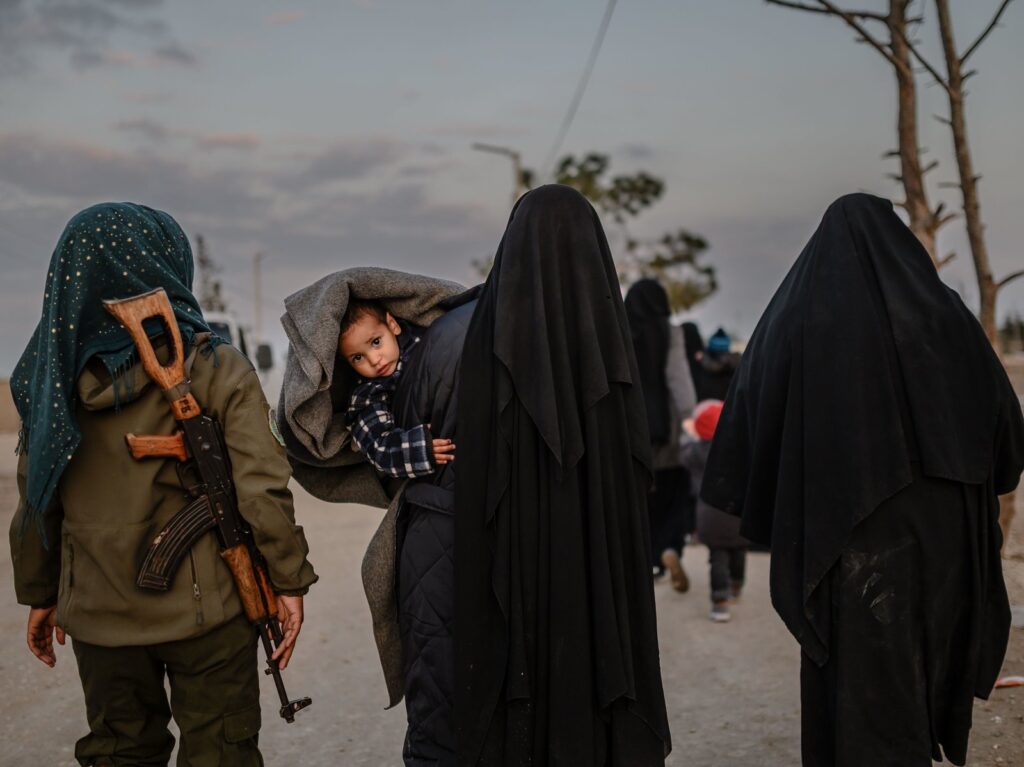
Source: Bulent Kilic /AFP/Getty Images
Fighters of the caliphate were not the only ones that engaged in violence towards local indigenous populations. Wives of fighters participated in sexual, physical and emotional abuse of enslaved individuals, such as the Yazidis. Lebanese journalist, Jenan Moussa of Al Ann TV conducted an interview with an ISIS female volunteer and wife in 2017, where Jenan noted the lack of remorse for victims by the interviewed volunteer. In the interview, the woman explains in detail the process of selling and acquiring slaves – showing a lack of empathy, understanding and moral conscious for why such things are wrong.
Another interview conducted by the French journalist James Andre for France 24, highlighted a group of captured female volunteers living in a refugee camp in Syria’s northeast after being freed from places like Hajin and Baghouz. They were segregated from the rest of civilians freed from the organization’s control. In that interview, volunteers from France, Canada, Brazil and elsewhere express regret for joining the organization, emphasizing the horrible nature and alleged deceit that coerced them into joining. However, whether these ‘confessions’ are genuine is another question, as radicals amongst these volunteers still cling to ISIS ideology and harm individuals that speak out against it.
The response to the capture of foreign volunteers by the international community has been mixed. Syrian Democratic Forces (SDF) – a multiethnic coalition of militias leading the fight against the Islamic State – currently hold thousands of foreign ISIS volunteers and fighters in captivity. Coalition countries who are involved in supporting the SDF are reluctant to take back their citizens that joined ISIS. Fearing the risk these individuals pose at home, these nations – except for the United States and France – are slow to repatriate their renegade citizens and prefer that justice be delivered by the local authorities, regardless of the problems that arise from this policy.
The problems that occur from refusing to repatriate ISIS volunteers are two-fold. The first is the lack of international judicial oversight in trials in local countries such as Iraq. Islamic State volunteers who were handed over to Baghdad receive short trials that result in life sentences or death. This is despite the United Nations Security Council (UNSC) launching an investigation into ISIS’s crimes under resolution 2379 in 2017. There is a lack of proper legal course in trials that are governed by retribution rather than law. At first glance, this may not prove a problem to those who wish to see ISIS volunteers ‘get what they deserve’, but does it not serve to undermine justice for victims of the organization’s brutality?
When the Bosnian War waged across former Yugoslavia in the 1990s, the UNSC passed resolution 780. This resolution created the International Criminal Tribunal for Yugoslavia (ICTY). The ICTY was tasked with the prosecution of perpetrators of human rights and international law violations. Under the ICTY, dozens were prosecuted for crimes against humanity, genocide and various other war crimes. Not only did it set a legal precedent in international law, but also verified the gravity of the crimes perpetrated by those convicted, leading to the classification of the massacre in Srebrenica – for example – as a genocide. The same process should be adopted for the prosecution of ISIS volunteers.
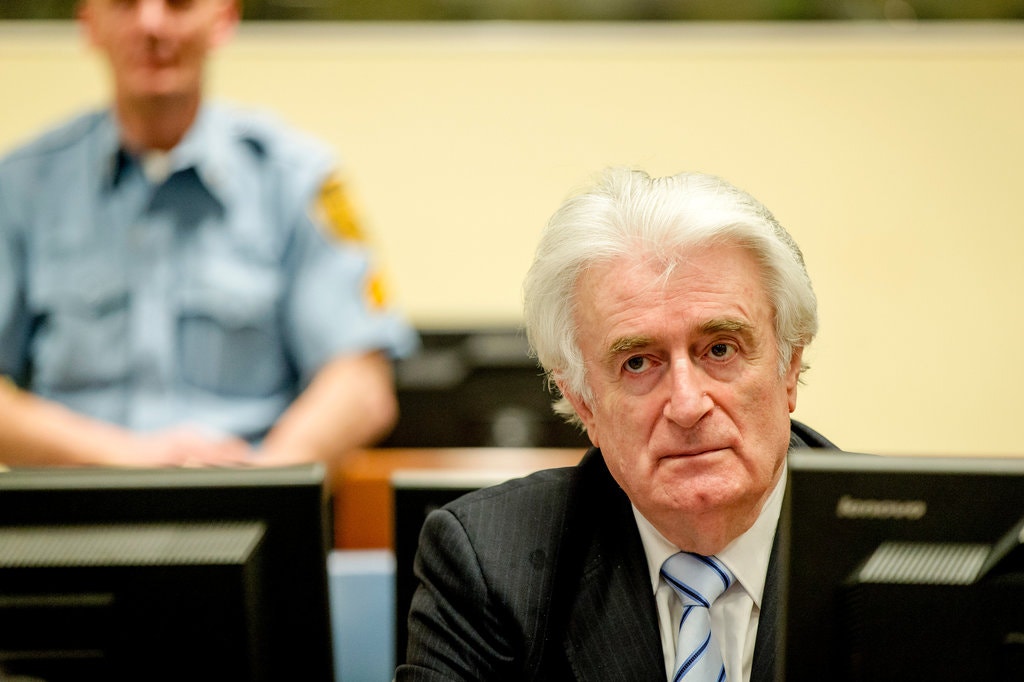
Source: Pool photo by Robin Van Lonkhuijsen
There is not just a legal precedent to be set, but a moral one too. Unless international support and oversight is provided to local authorities, then the system of justice that is delivered will not suffice to solidify in the public consciousness what happened to the many victims of ISIS. Ensuring an effective legal prosecution that highlights the extent of the group’s barbarism, as well as giving gravitas to the stories of victims will aim to preserve international law and human rights both in the present and the future. In turn, this will set a legal precedent and a standard from which to judge future atrocities by.
The second issue that arises from a refusal to repatriate ISIS volunteers is the security threat that these individuals pose to the longevity of the organization. There are thousands of fighters held in captivity in Syria by the SDF. Without continued support and military oversight, the maintenance of prisons which contain fighters will be challenged. With the withdrawal of the US from the region, concerns are rising over what will happen to these volunteers. These concerns are also exacerbated by the prospect of increased instability from threats of a military incursion into the area by Turkey, which is could result in a resurgence of ISIS.
As this phase of the war against the Islamic State ends, the question arises as to whether countries should repatriate their ISIS citizens or leave them to the fate of local justice. The poor quality of justice offered in those countries which currently holds ISIS volunteers, increase doubts over the effectiveness of local authorities to impartially prosecute these members. Waning military support coupled with weak infrastructure in Syria do not create confidence in the long-term security concerns of nations or for stability in the region. These concerns place the burden of responsibility on the international community in order to deal with the aftermath of ISIS. Western nations must take back that responsibility.
Written by Anthony Avice Du Buisson (19/02/2019)

![A geopolitical primer on the Afrin Crisis – The Region [Article]](https://philosophyismagic.com/wp-content/uploads/2020/07/C-1IbUZWsAAkIl_-700x465.jpg)
